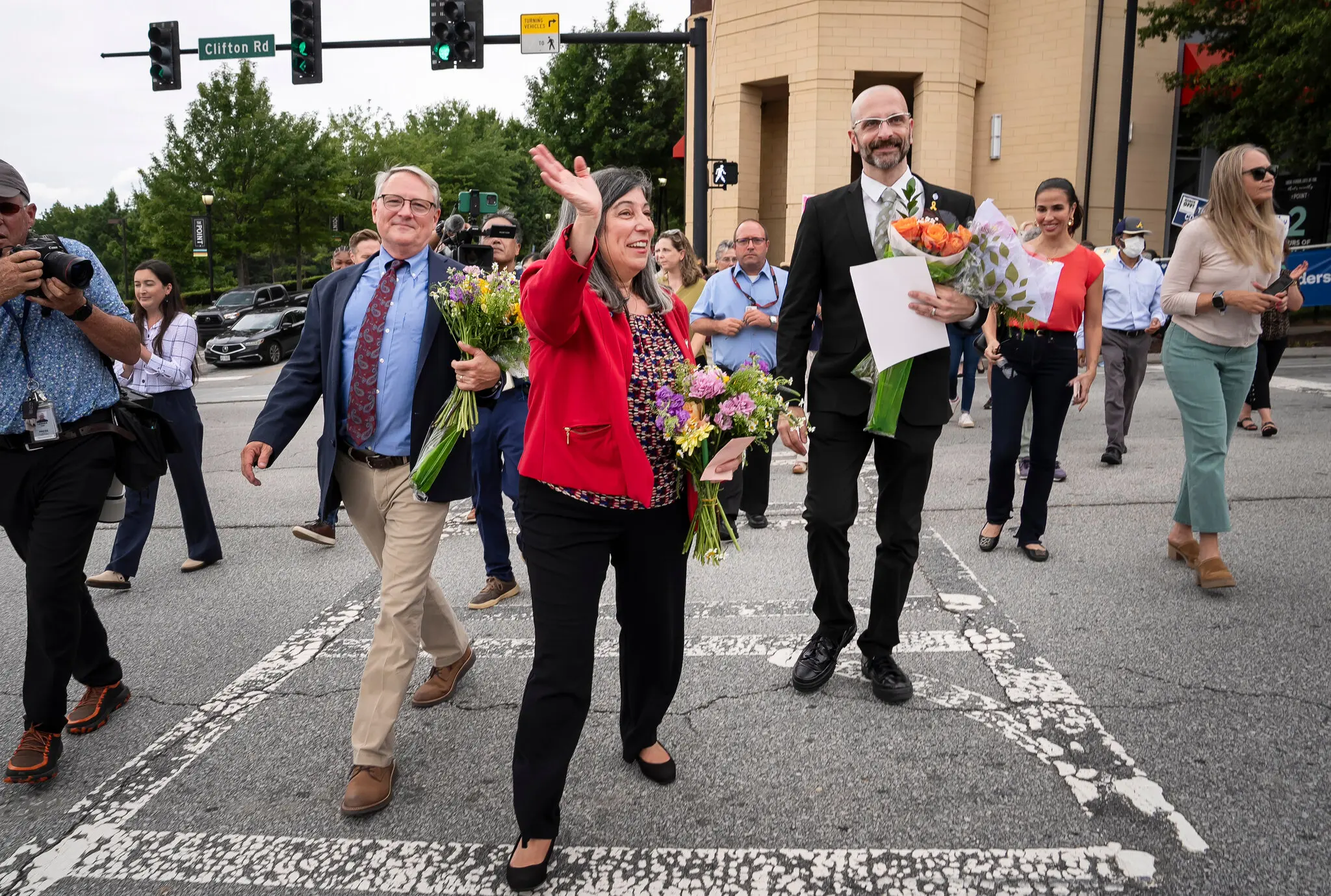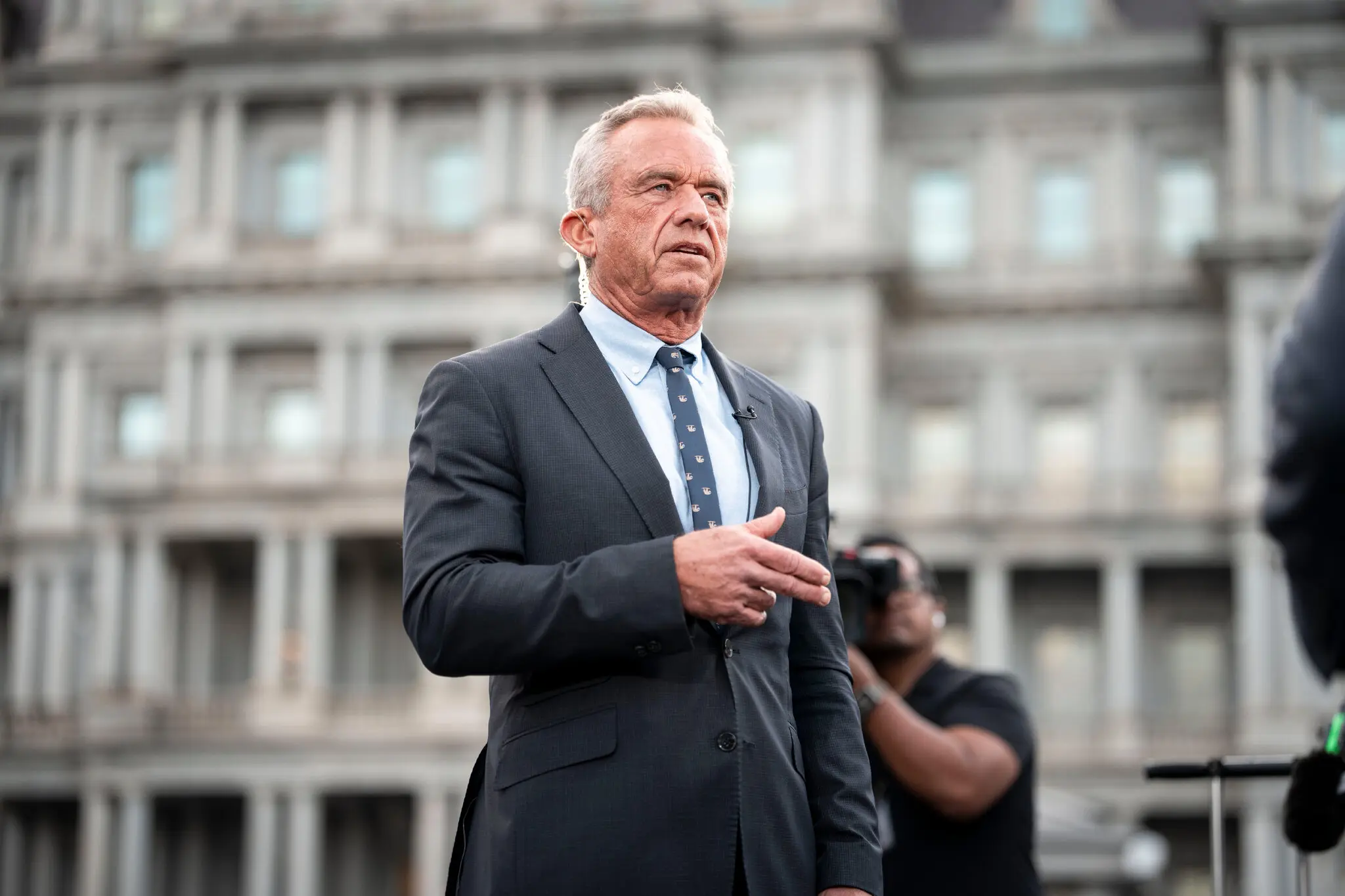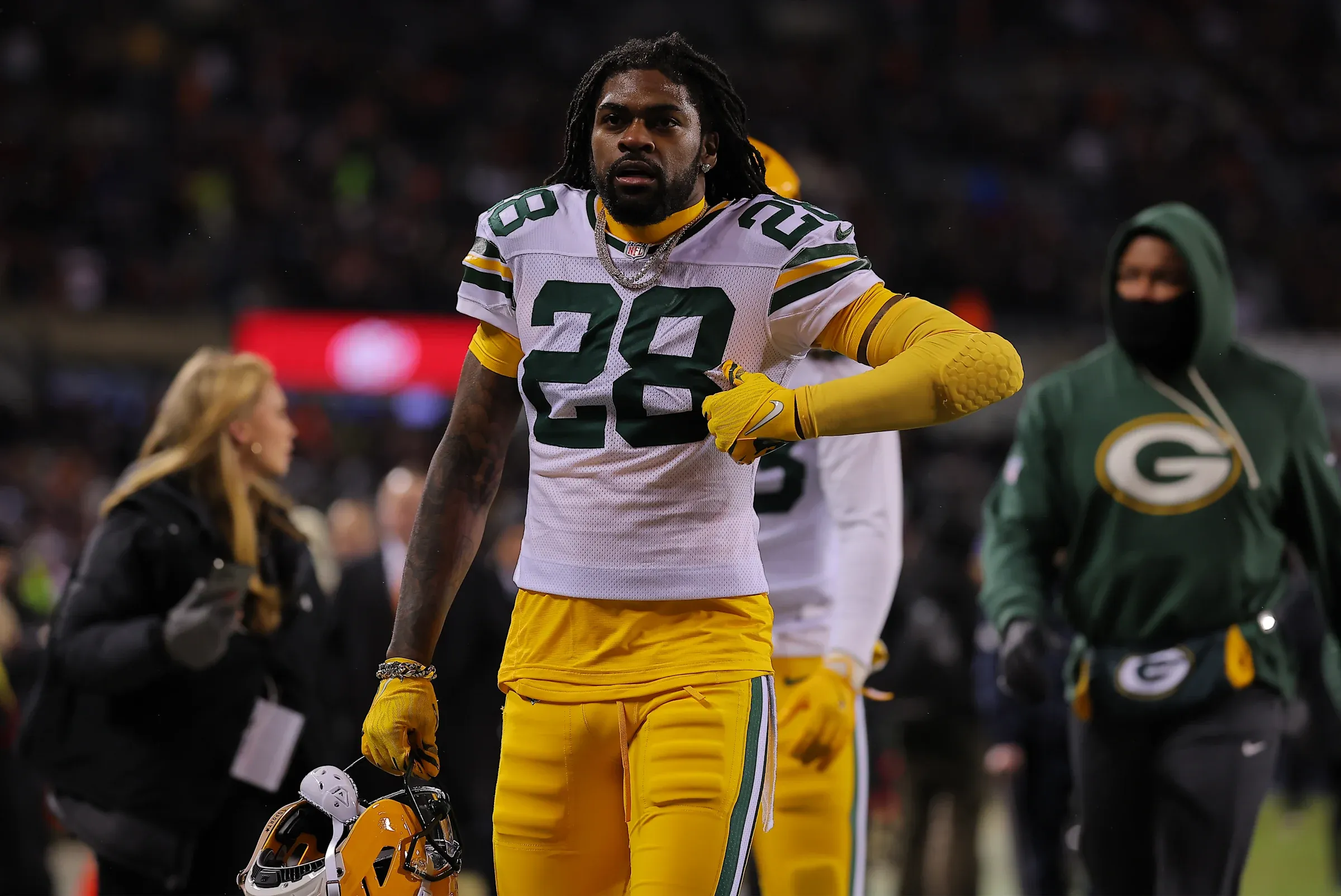Clashes Over Vaccines and CDC Management Strain Trump–Kennedy Ties
10.09.2025
Trump and Kennedy: Partnership Under Strain
An Awkward Exchange on Vaccines
Health Secretary Robert F. Kennedy Jr. faced an uncomfortable moment when unveiling President Trump’s “Make America Healthy Again” strategy. Asked whether he agreed with Trump’s firm statement that vaccines “work, pure and simple,” Kennedy — long known as a vaccine skeptic — hesitated before finally saying, “I agree with that.” The president’s top domestic adviser abruptly ended questions with a gavel, underscoring the tension surrounding the issue.
White House Frustrations
Though Trump has not publicly distanced himself from Kennedy, the secretary’s recent actions have unsettled the West Wing. His decision to remove CDC director Susan Monarez just weeks after Senate confirmation — followed by several senior resignations — generated negative press that irritated the president. Kennedy’s repeated criticism of Covid-19 vaccines has also become a flashpoint, prompting aides (though not Trump himself) to quietly urge him to moderate his rhetoric.
Operation Warp Speed Pride vs. Vaccine Skepticism
For Trump, Operation Warp Speed remains a defining achievement of his first term, and he bristles at comments that undermine it. Yet Kennedy, despite his doubts about vaccines, has gone out of his way to praise Trump’s leadership. In Senate testimony, he said the president deserved a Nobel Prize for the initiative. At the MAHA Commission report event, Kennedy described Trump as “fearless” in challenging entrenched interests and lauded his commitment to children’s health.
A Complicated Relationship
Despite internal tensions, spokesmen for both men insist the bond remains strong. Trump’s team says the White House retains “full confidence” in Kennedy, while Kennedy’s aides emphasize his close communication with the president. Still, Kennedy’s high profile — fueled by his famous name and devoted following — makes him both an asset and a liability.
A Long History on Vaccines
The uneasy alliance stems from shared skepticism about vaccines dating back years. Trump has long suggested vaccines might be linked to autism, a claim widely debunked by scientists, and he has said he slowed his own son’s vaccination schedule. Kennedy, one of the nation’s most outspoken critics of childhood vaccines, has been aligned with these views since before Trump’s presidency. Their connection was reinforced in 2017 when Kennedy met Trump during the transition, though an early proposal for a vaccine safety commission never materialized.

Politics and Shared Outsider Status
Beyond vaccines, Trump and Kennedy share a combative outsider stance, portraying themselves as challengers to entrenched institutions. Both men criticize government agencies as corrupt or captured by special interests. Kennedy’s endorsement of Trump in 2024, after his own independent campaign faltered, was a political surprise that drew intense media attention. It also gave Trump access to Kennedy’s supporters, strengthening his coalition.
Benefits and Risks Ahead
Kennedy’s efforts on childhood nutrition and chronic disease have been embraced across party lines. Yet his divisive vaccine stance could pose problems for Trump, particularly as polls show strong public support for routine immunizations. Republican strategists warn that confusing Covid vaccine skepticism with broader anti-vaccine sentiment could alienate swing voters.
For now, the partnership continues, marked by praise, political utility, and occasional friction. Trump values Kennedy’s influence and brand, while Kennedy views Trump as the leader who finally gave him power to pursue his health agenda. But as vaccine debates resurface and CDC upheaval continues, the relationship will remain one of Washington’s most delicate — and closely watched.





